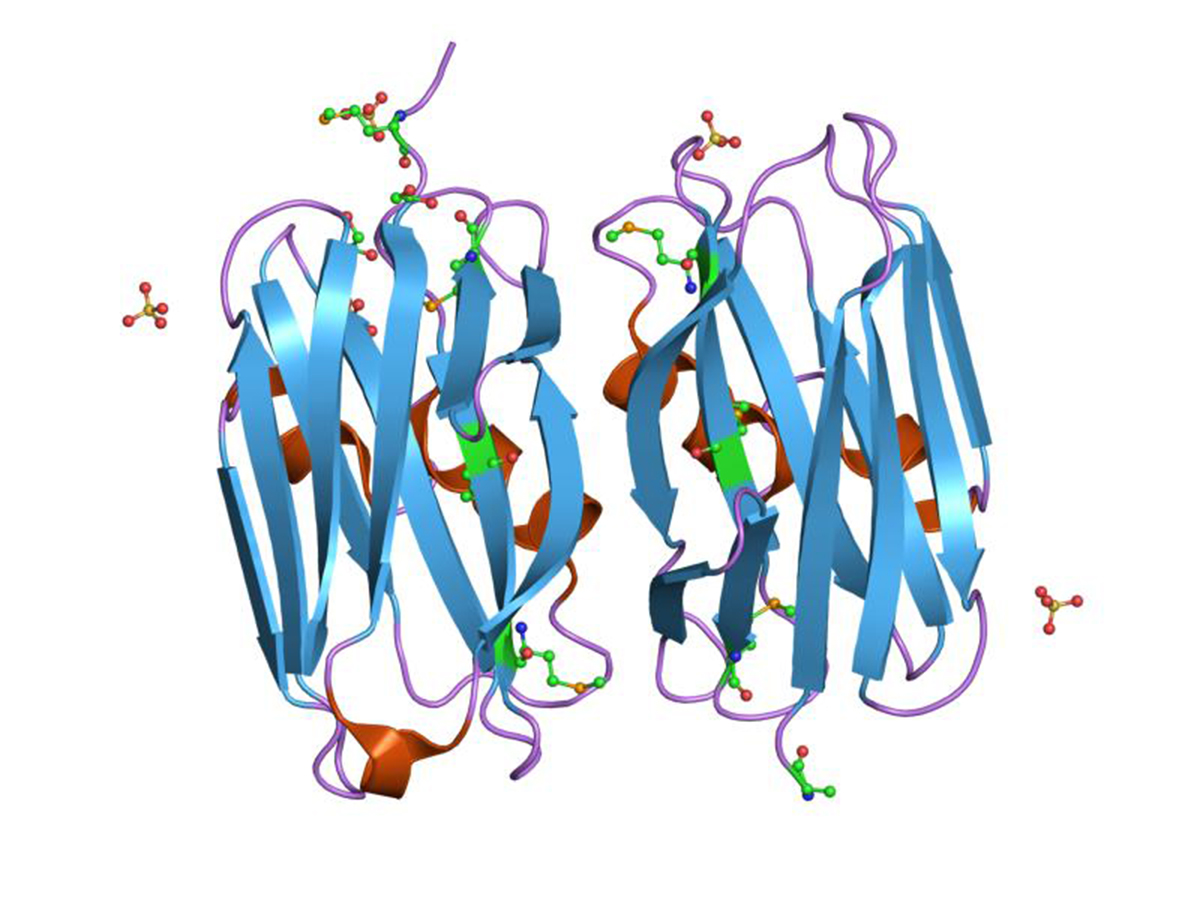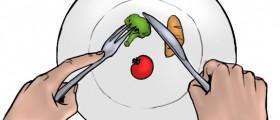
Introduction
High-protein and low-carbohydrate diets have been all the rage recently so many people want to know if they really work.
They seem to be appealing, since protein is very important to the body. Protein is used by the body for many reasons; one of them is to repair tissue. It is also used to make hormones, enzymes, and other chemicals that are vital to the body.
It is one of the most important building blocks for bones, muscles, cartilage, skin and the blood.
However, the truth is that the body does not need too much protein, and there is such a thing as too much protein, according to recent studies, even though it has been proven that these diets are very effective for losing weight.
How much protein is needed?
When people say that protein builds muscle, it is not entirely true. What builds muscle is exercise. Bodies do not need enormous amounts of protein to function well.
Teenage boys and men who are very active usually need about three servings of protein a day that total about seven ounces of protein each.
Young children and active women or men who are not too active need even less—about two servings of six ounces per day.
The truth is that when a person eats at a restaurant, and has an eight-ounce steak, for example, they are getting more protein than their body demands or needs.
But, not only are they getting protein, they are also getting saturated fats, that are not good for the healthy, especially not for a diet. Drawbacks of high-protein diets
The reason people enter a high-protein/low carb diet is to lead to a metabolism change that is called ketosis. In such a state, the body has no carbs to burn so it starts burning down fat instead. Once the fat is burned, then ketones are released into the blood, and give the body energy.
However, the short-term weight loss effects may also include long-term health problems.
The body can produce ammonia when it breaks down protein, and the long-term risks of high levels of ammonia in the body are still not known to scientists and health experts.
Also, people who are on such diets tend to release too much calcium with the urine, which is not good for the body, because it needs all that valuable calcium.
Of course, too much calcium loss can lead to bone deterioration and problems such as osteoporosis.

















Your thoughts on this
Loading...